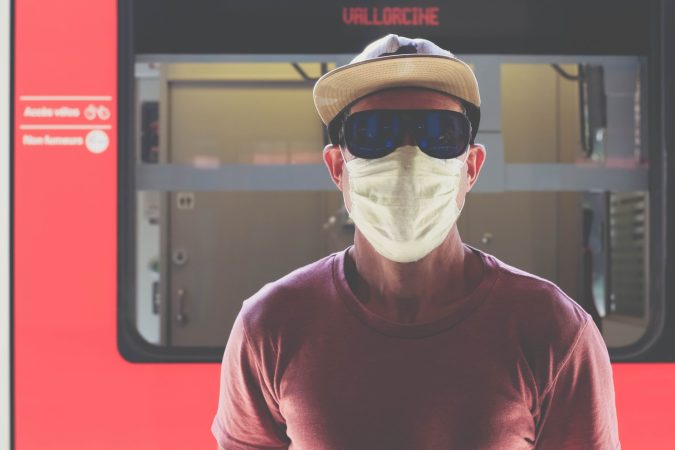There’s no doubt that veterans continue to face various challenges with the healthcare industry. A lack of sufficient care is one of the key issues you may be facing. Veterans frequently experience poor access to services that can meet both their general wellness requirements along with their unique care needs.
Healthcare technology to help address such challenges is more accessible today, though. Nevertheless, these tools and resources are not much use on their own. Veterans can’t go it alone. Healthcare professionals must be committed to making sure veterans can utilize and benefit from the resources in the community.
Medical services and staff are already under significant pressure — which is something veterans can identify with. As a veteran, you need to be proactive about seeking care, but on their end, healthcare professionals need to make sure you have easy access to care. Technology may be the key to this puzzle.

AI Helps Identify the Problem Areas
Before you can effectively be proactive in procuring healthcare, you need to have some solid information on the challenges. You need to be able to view it from the healthcare industry’s angle.
There are certainly some common issues among the general veteran population. However, the U.S. is a massive area and each community has nuanced needs and problems. Often, the biggest hurdle for medical professionals seeking to address the needs of veterans is a failure to recognize how varied the challenges can be and respond appropriately.
You may not have thought of it this way. But healthcare institutions struggle with providing care to underserved populations who are more likely to experience significant health challenges. If you’re a veteran who also happens to be underserved, there may be some hope. Technology such as telemedicine and accessible smart devices can eventually be deployed to bridge the gap. But first, there needs to be reliable data on the issues preventing meaningful engagement.
One of the most efficient and effective ways healthcare institutions can approach this is by utilizing artificial intelligence-driven data analytics software. The Centers for Disease Control and Prevention (CDC) is already utilizing this approach to improve public health surveillance. It might feel strange to think of an AI bot tracking your health, but these platforms can automatically collect and assess your information in an effort to help improve your healthcare experiences.
With the help of data analytics, healthcare professionals can then review where the clear disparities in resources are to address them in a more targeted way.

Telehealth Can Help You Access Resources
Often, a significant challenge for veterans is that there isn’t always great clarity on what resources are available to them. It could be argued the Veterans Affairs website has a lot of useful information on services and how they fit into the benefits infrastructure. But this doesn’t always give you insight into what is available to you in your community or provide guides on the range of supportive technologies you can use.
Veterans need to see how healthcare resources can fit into their lives. For instance, veterans living with addiction have greater access to varied recovery resources than ever before. This includes medications and subsidized rehabilitation programs. However, in-person rehabilitation, which may have been a hurdle for many veterans, particularly those with young families, is not the only option anymore. There are also telehealth recovery tools to achieve a hybrid treatment experience that better fits your needs.
As a veteran you’re among one of the key underserved groups in our country’s healthcare system. However, there is a growing range of technological tools, such as telehealth, that can help you. And the VA is working hard with the latest technology to fight the battle for better health outcomes. In the end, it’s a two-way street. As healthcare providers seek to solve the problem through technology and awareness, veterans must be proactive about seeking help from providers.

















